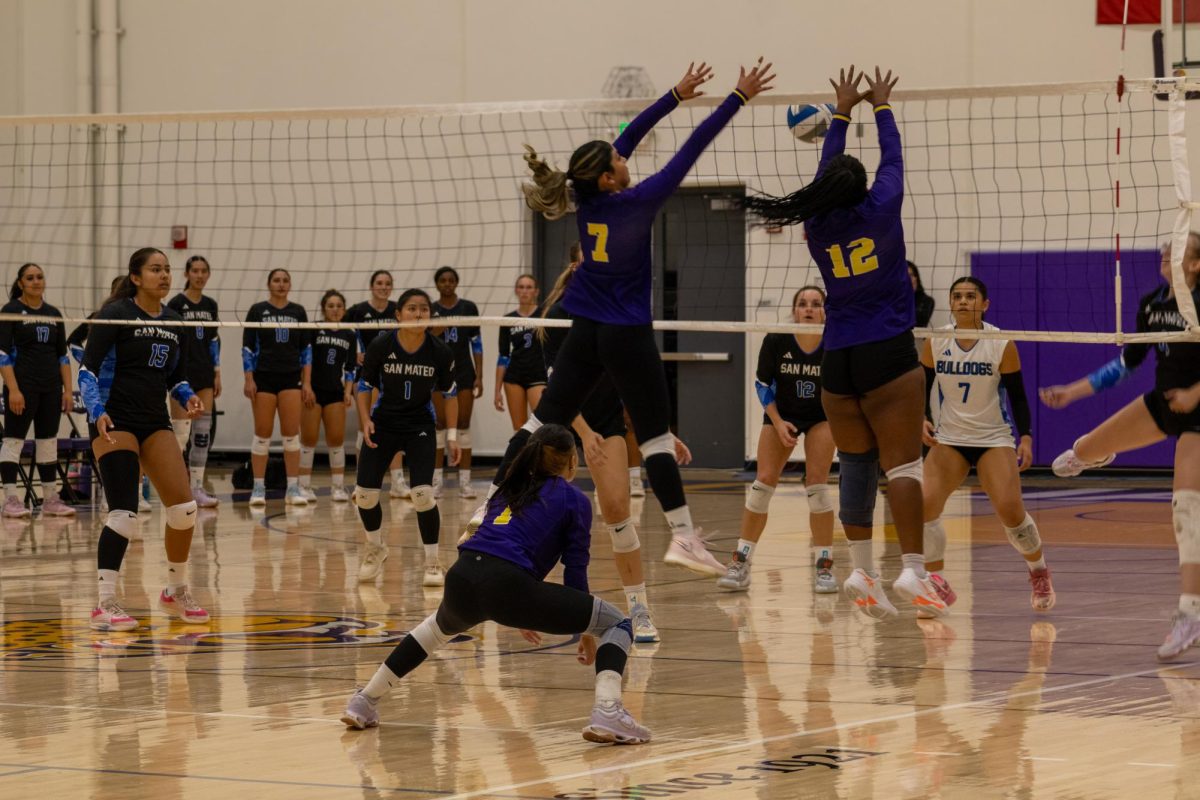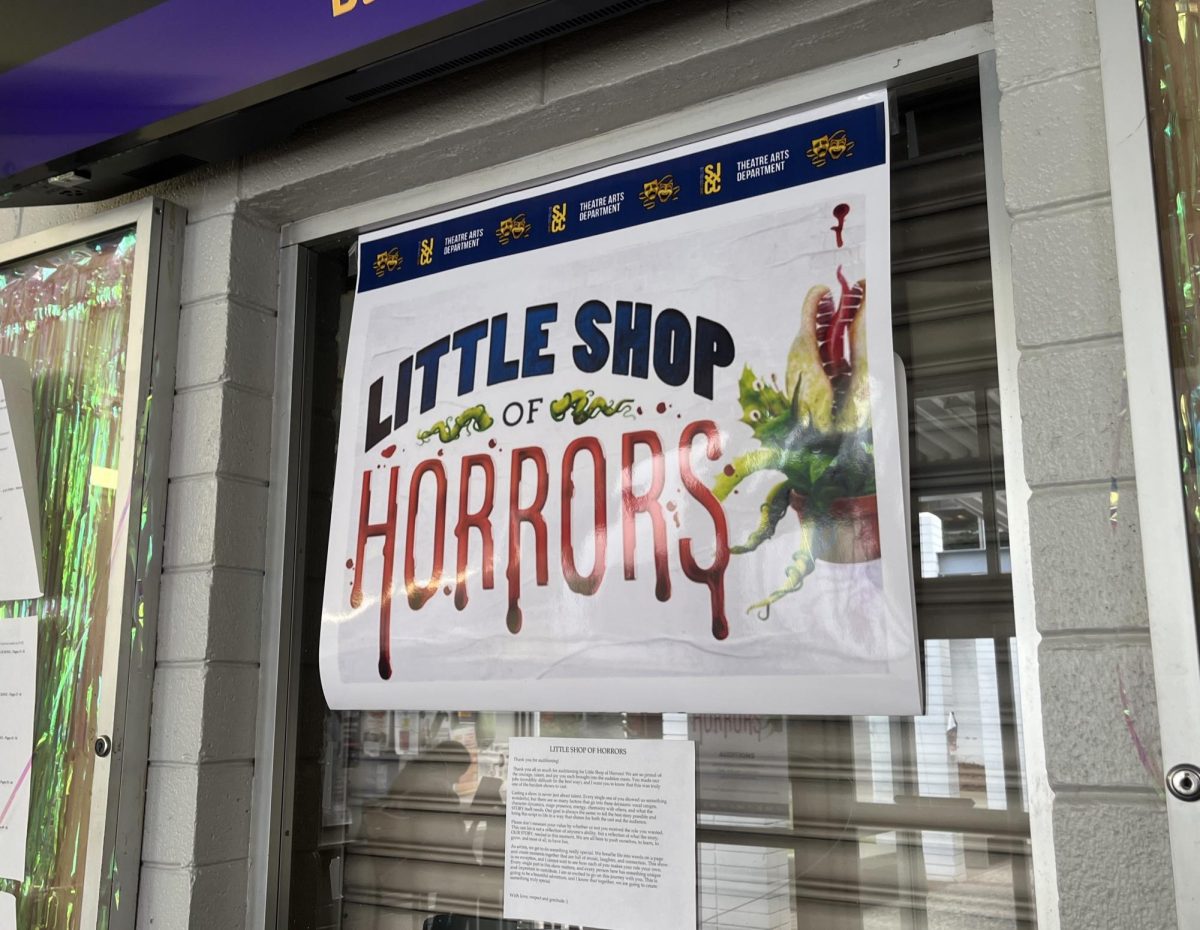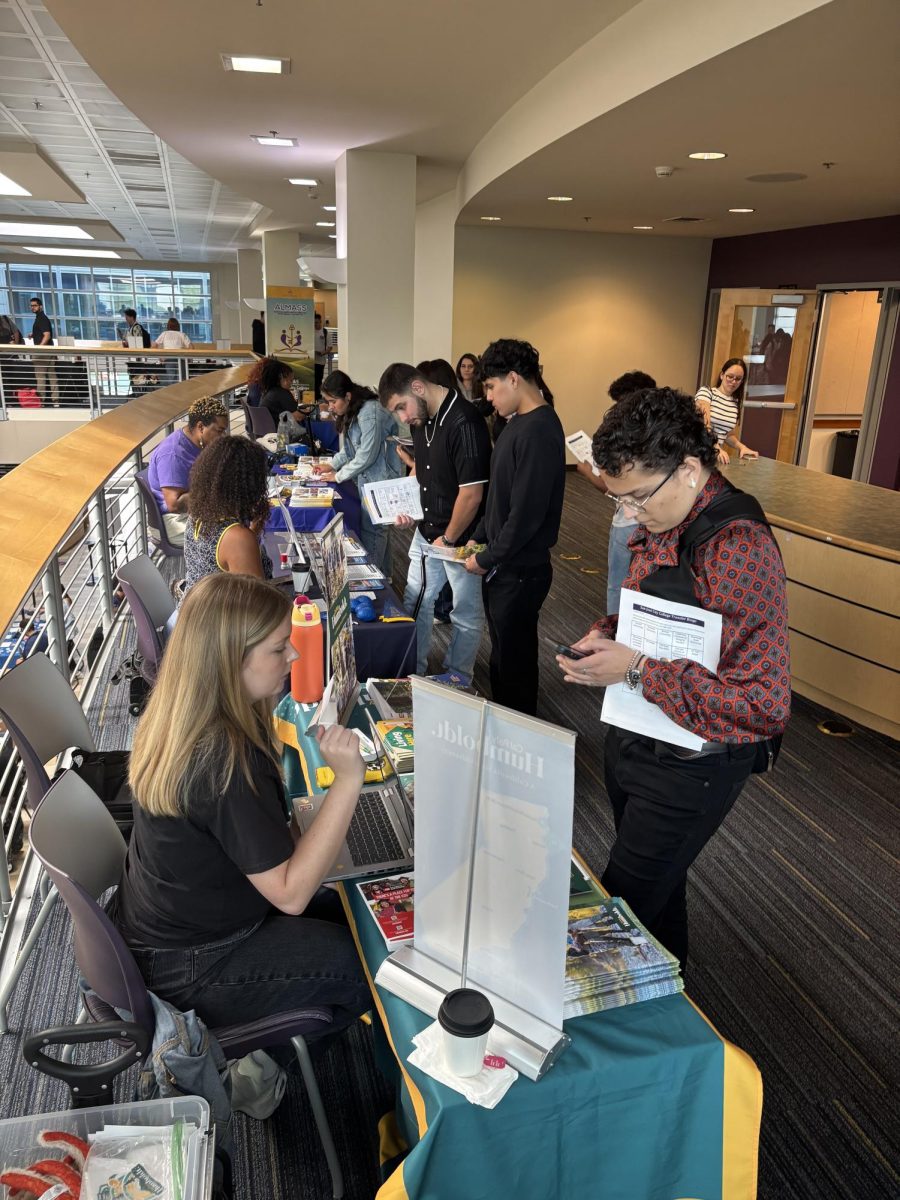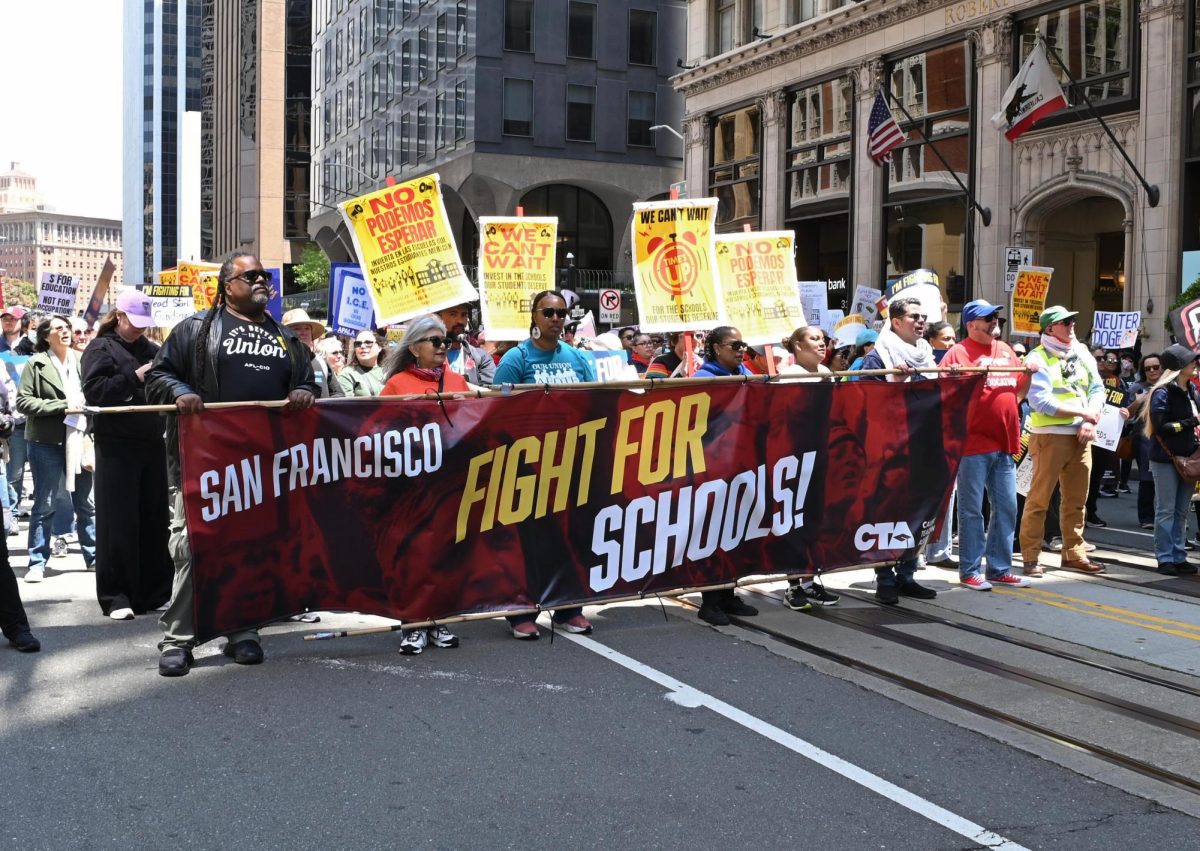
Daily commutes challenge SJCC students; each faces their own hurdles and devises unique solutions to arrive at class on time. From endless traffic jams to limited bus routes, the daily battle to reach the university provides insight into the lack of transportation options and the resourcefulness of the student population.
San Jose City College does not offer on-campus housing, so students must commute to campus to attend in-person classes. This makes getting to school a significant part of the college experience for students who attend SJCC.
To address these transportation challenges, SJCC implemented several initiatives to encourage the use of public transportation among its students. The VTA Eco Pass Program provides students with affordable access to VTA bus and light rail systems within Santa Clara County. For students enrolled in six units, the Eco Pass costs only $11 per semester, while those taking fewer units pay $6.50 per semester. Cruz Muñoz, an SJCC ambassador, said that the program is popular, with 7,308 students, out of the 8,778 school’s total population, opting in for the Eco Pass.
The program aims to reduce the number of cars on campus, alleviate parking issues, and support environmental sustainability efforts. Some students find other benefits to public transport. “The bus gives me precious time to reflect and relax before classes start,” said Ethan, a 22-year-old computer science student who commutes from downtown San Jose.
Despite the affordability of public transportation, many students still prefer to drive. Sara Torres, a 28-year-old who lives in downtown Campbell, appreciates the comfort when her husband drives her to campus. For some, the distance and inefficiency of public transportation options make driving a necessity. If Sara were to take the bus from Campbell, it would take her 40 minutes, while in a car, the ride is just 10 minutes. However, this widely adopted preference for driving exacerbates the parking shortage at SJCC.
Elham, a Digital Media Arts major, commutes from Half Moon Bay and heavily relies on her car to get to class. “It is very challenging not having access to any reliable, affordable public transportation,” she said. Often, heavy traffic caused by accidents makes her late, a situation that becomes critical on test days. “Most likely, I will miss my class if I don’t use my car.” When she does finally arrive, Elham confronts another hurdle: finding parking.
SJCC strictly enforces parking regulations, with fines ranging from $37 to $300, starting from the first day of classes. During the first two weeks of each semester, parking in student lots is free, but a valid permit is required thereafter. A semester permit does not guarantee a spot among the 13 lots with a total of 2,005 spaces. Only five of the parking lots are designated for students, the remaining seven are reserved for staff. “Sometimes, especially in the morning, it takes longer to find parking,” Elham noted.
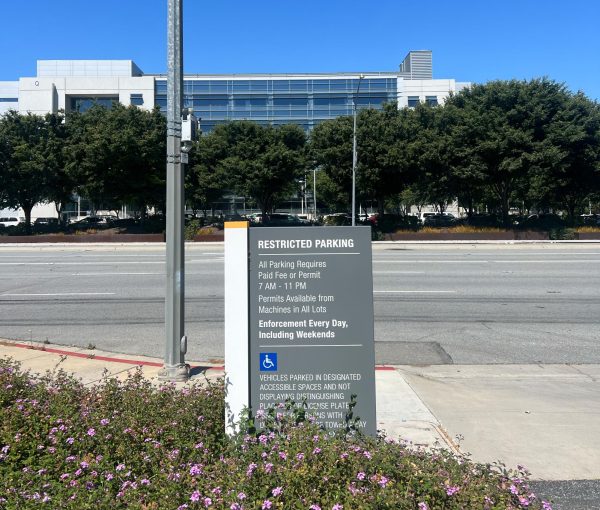
Some students, like 19-year-old Zachari Magas, who wakes up an hour before his class starts, have found alternatives to driving and public transportation. Living in Willow Glen, Zachari initially biked to college but recently opted to use his skateboard. This choice offers both exercise and a sense of adventure, though it comes with its own risks. “Once, I tripped in front of several cars, which was quite embarrassing,” he admits. Despite occasional setbacks, Zachari enjoys the freedom and physical activity his skateboard commute provides. For Magas, skateboarding is also convenient because public transportation to his house is limited.
“Public transport only has one path for me to go from home to school, and it’s just part of the path to take (…) It’s faster if I just skateboard than to use the bus,” Magas said. “Sometimes I get home as late as 9 pm with the board. It gets scary as some roads are dimly lit (…) But I ride it fast at night since there are barely any cars.”
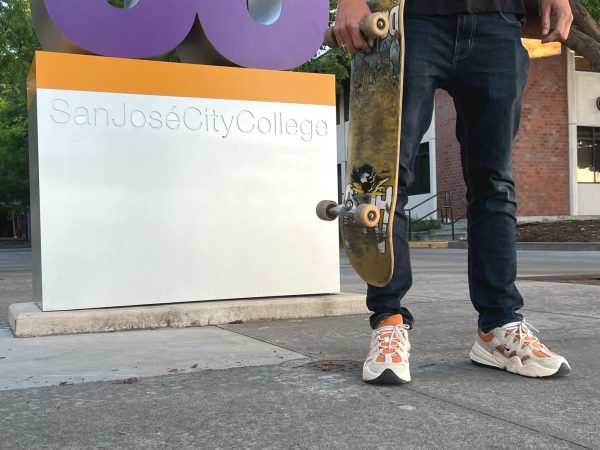
While SJCC students use various transportation methods—driving, public transportation, and skateboarding—the majority still drive to school. SJCC’s ongoing efforts to improve the commuter experience, including enhancing public transportation options and addressing parking issues, are crucial to meeting the diverse needs of student commuters. As enrollment grows, initiatives like the Eco Pass program and the school’s stated commitment to improving transportation options give hope to commuters that one day, regardless of their mode of transport, every student will reach their destination.

